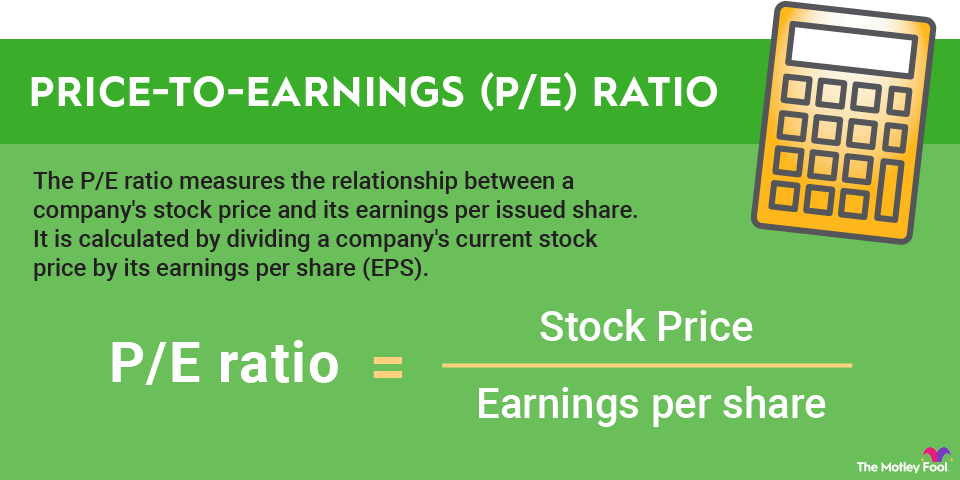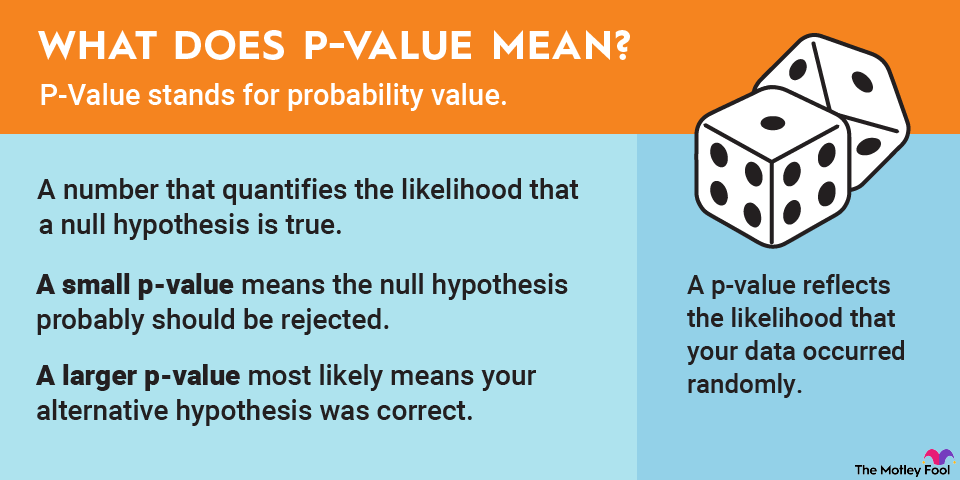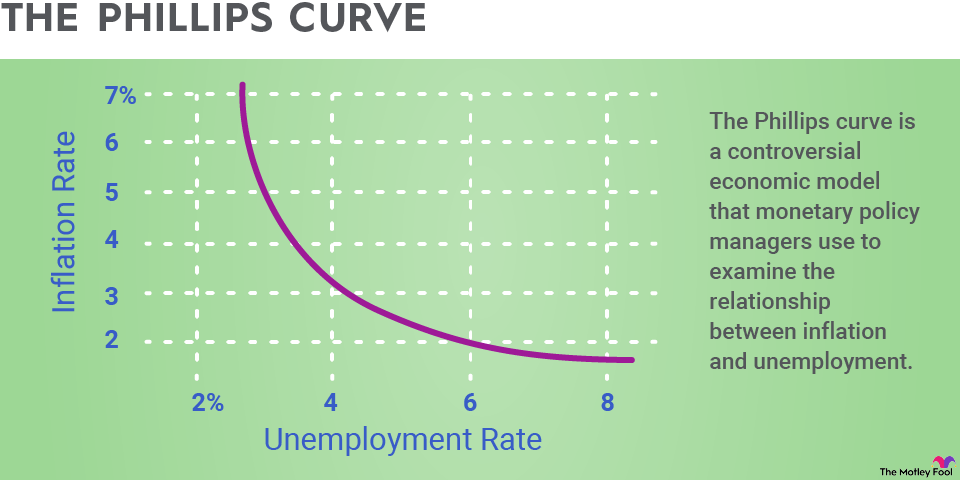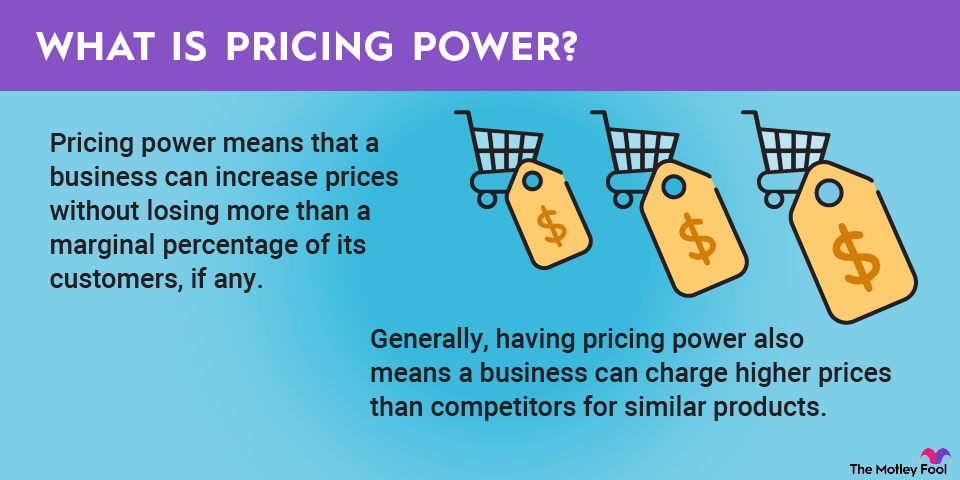Property management is an important issue for real estate investors. A good property manager can be well worth the cost and can provide a worry-free investment experience. In this article, we’ll discuss what property managers do, how much they cost, and whether you should hire a property manager or manage your own rental properties.
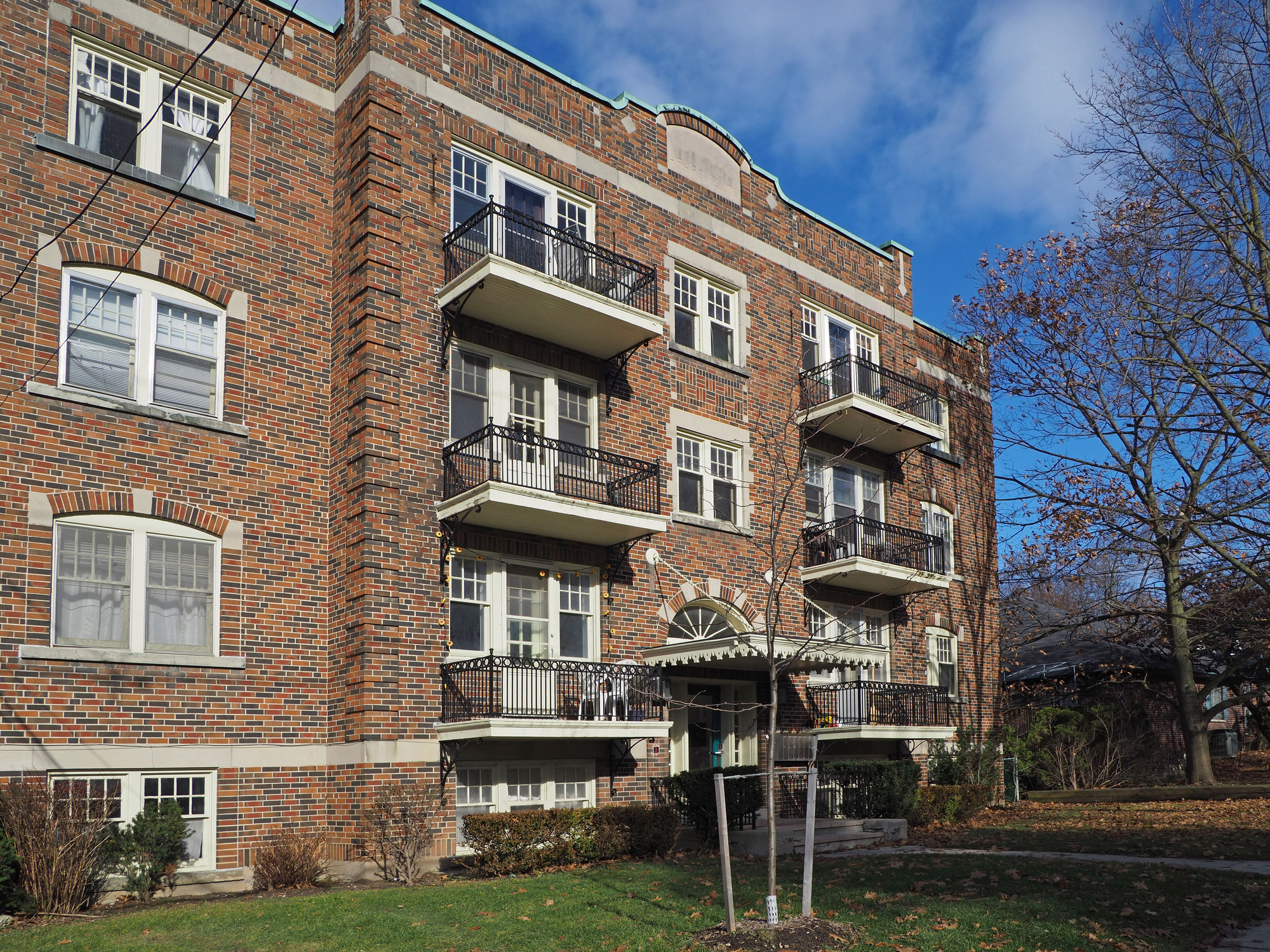
What is property management?
Property management refers to overseeing the day-to-day operations of real estate. This can be done by a third party or by the property’s owner (referred to as self-management).
Property management can refer to any type of real estate -- residential, commercial, or industrial. For example, office buildings often have a property manager that handles tasks like collecting rent and maintaining common spaces. But for the purposes of this discussion, we’ll focus on residential property management.
Property management: Cost vs. benefits
The cost of property management depends on your local market and the property manager you choose. For long-term rentals, the average fee charged by property managers is 8% to 10% of the collected rent. In some markets, an additional charge of half of the first month’s rent is quite common. For short-term (vacation) rentals, property management fees can be much higher -- in the 25% to 40% range -- due to the increased workload.
Property management fees for short-term rentals may reach into the 25% to 40% range.
So property management isn’t cheap. If you buy a duplex that brings in $3,000 in monthly rent and hire a property manager who charges 10%, you’ll pay as much as $3,600 per year for their services. However, this can be well worth the cost for many investors since property managers typically perform several services that would be time-consuming if you were to do them yourself, including:
- Finding tenants: Property managers will market your property and screen tenants.
- Handle money: Property managers collect rent and security deposits and can pay expenses such as utilities and HOA dues for you.
- Market knowledge: A good property manager will have a good grasp of current market conditions and will know how much rent to charge. In some situations, this alone could justify the cost.
- Handle problems: Property managers will deal with repairs, coordinate maintenance, handle tenant disputes, and evict tenants if needed.
Rent to Own
Should you use a property manager?
There’s not a one-size-fits-all answer to the question of whether you should hire a property manager. It depends on how much of an active real estate investor you want to be. You can certainly choose to self-manage your rental properties, which can maximize your cash flow. However, self-management can be a time-consuming process and will make owning real estate a much more active form of investing.
On the other hand, a good property manager can be well worth the cost, especially if you have a full-time job or don’t want to be a hands-on landlord. If your goal with real estate investing is to generate passive income, you’ll probably want to hire a property manager.
Related investing topics
How to find a great property manager
A great property manager can make a big difference in your experience as a rental property owner, so it’s important to be selective and not just hire the first one you come across.
One way to find an excellent property manager is to get referrals from your real estate agent or from experienced rental property owners. Once you get referrals, you should interview the prospective manager and ask questions -- such as how they will market your properties, the typical vacancy rate of properties they manage, and how they handle property maintenance requests. Ask if you can drive by a few of their properties to see if they’re well-maintained. And while it isn’t the most important factor by any means, you should compare their pricing with other property managers in the area.

